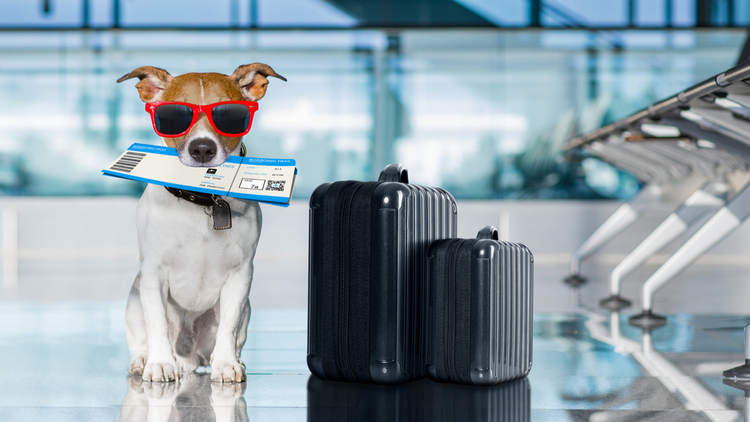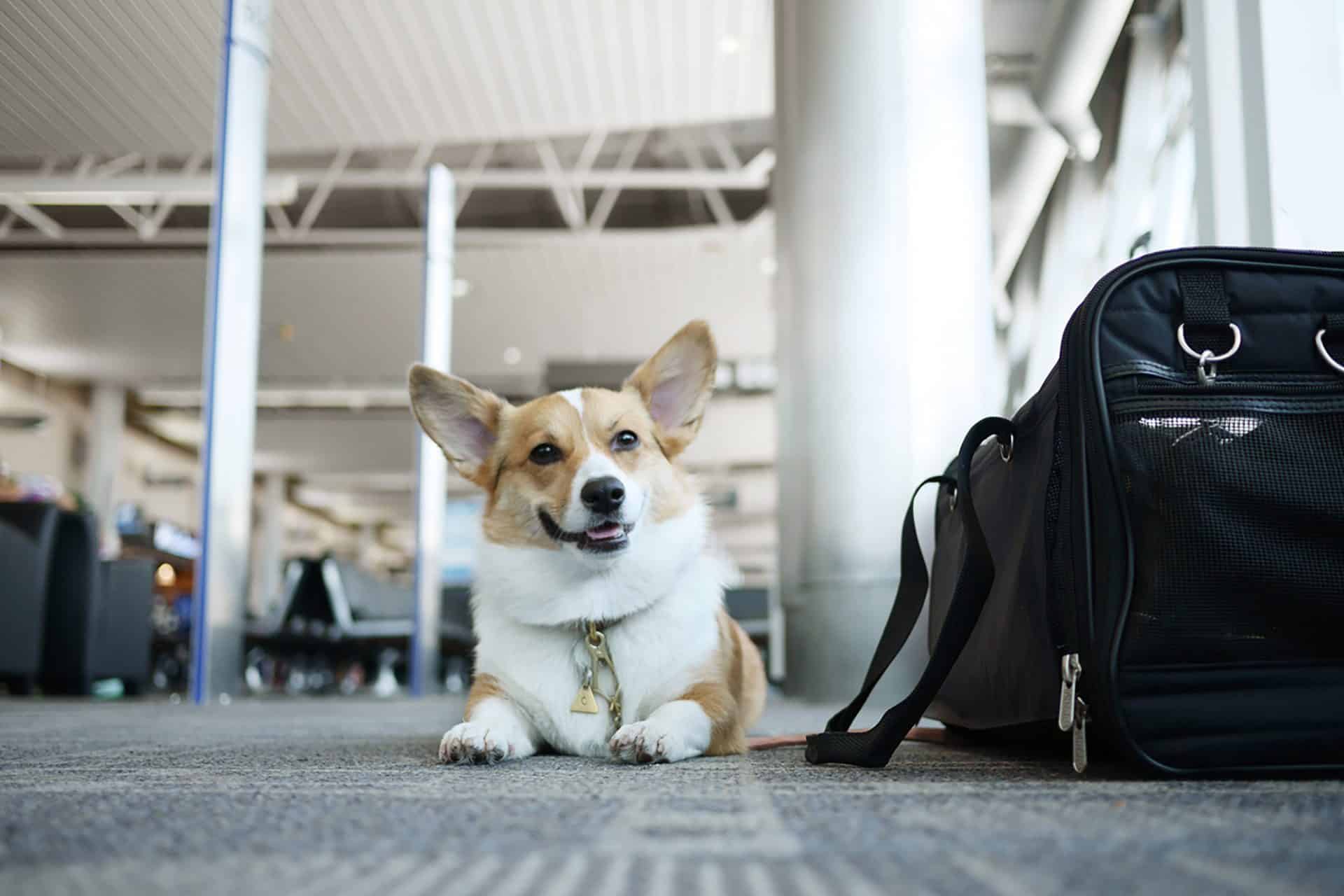Table of Contents
ToggleWhich Countries Require Pet Transport Taxes? A Comprehensive Guide
Transporting a pet internationally involves several complex steps, including understanding the tax requirements that may arise along the way. Depending on the country, pet owners could be subject to import taxes, quarantine fees, and other levies. Here’s a guide to some of the most common tax regulations you’ll encounter when transporting pets internationally.

1. The United States
The United States typically has minimal entry fees for pets coming from other countries. However, pet owners are required to follow specific health and vaccination guidelines, especially for rabies. Although there’s generally no tax on bringing pets into the country, additional costs may include:
- Inspection fees for animals entering through U.S. ports.
- Rabies vaccinations and microchipping requirements for certain states.
- Quarantine costs if the animal doesn’t meet health regulations.
2. The European Union
Countries in the European Union have specific rules and potential taxes for pet entry. Each country may have its own requirements, but overall, the EU requires:
- Pet passports or health certificates.
- Import duties in some cases, depending on the animal’s origin.
- Quarantine costs if the pet’s vaccination history isn’t sufficient.
For example, pets entering from non-EU countries may incur additional import taxes, while pets transported between EU countries might not require extra fees but must meet vaccination standards.
3. United Kingdom
The UK has a strict Pet Travel Scheme (PETS) to allow pet entry without quarantine, but some taxes or fees may still apply. When bringing a pet into the UK, you should consider:
- Customs charges if the pet is considered “new” to the UK.
- Quarantine fees if the pet doesn’t meet health and vaccination requirements.
- Microchipping and vaccination costs for rabies and other diseases.
Notably, the UK charges additional fees for inspection at animal reception centers.
4. Australia
Australia has some of the most stringent pet entry requirements globally, with high quarantine standards. Bringing a pet into Australia typically involves:
- Import permit fees issued by the Department of Agriculture, Fisheries, and Forestry.
- Quarantine costs as pets are generally required to stay in a designated quarantine facility.
- Veterinary inspection fees for checks during quarantine.

5. New Zealand
New Zealand’s pet import rules are also strict, especially concerning animal health. Pets entering New Zealand may be subject to:
- Permit fees issued by the Ministry for Primary Industries.
- Quarantine fees for pets that don’t meet entry requirements.
- Veterinary and customs charges upon arrival.
6. Japan
Japan has a detailed import process for pets to prevent the spread of rabies and other diseases. Bringing pets to Japan requires:
- Quarantine fees if health requirements aren’t met, though quarantine can be as short as 12 hours if all documentation is complete.
- Inspection fees if necessary.
- Customs duties depending on the pet’s origin and type.

7. Canada
Canada typically has straightforward entry rules for pets, but specific fees may apply. Key aspects to consider include:
- Veterinary inspection fees upon entry.
- Customs duties if the pet is classified as a “commercial import.”
- Vaccination costs if certain vaccines are required upon arrival.
Tips for Pet Owners
- Plan ahead. Research the specific requirements of the country where your pet will be traveling.
- Budget for fees and taxes. Make sure to include additional costs like inspections, vaccinations, and quarantine.
- Check with a specialized pet transport service. Many companies offer guidance on international pet travel, including handling customs, permits, and quarantine.
Conclusion
International pet transportation can be an exciting but complex process, especially when taxes and fees are involved. Knowing the requirements of each country can help make the journey smoother for both you and your pet.
